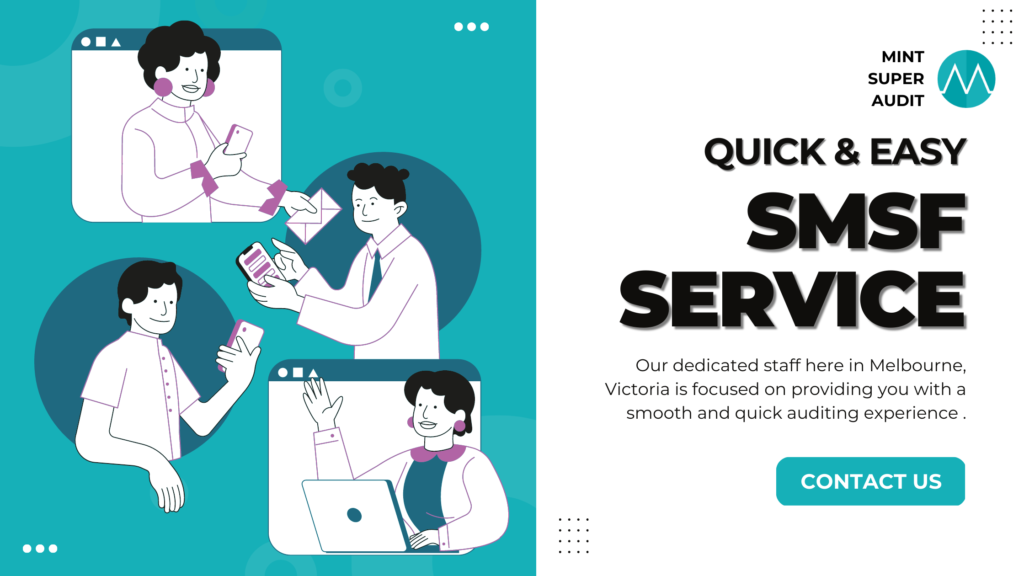When you’re self-employed, it can be difficult to know how to make financial choices that allow for a strong superannuation strategy and a well-funded retirement. Often, self-employed workers put off establishing a superannuation strategy of managing an SMSF, resulting in unpreparedness once they reach preservation age.
With the right knowledge and a strong superannuation strategy that starts as early as possible in your working life, it is possible to start saving super in preparation for the future. One option is to establish a self-managed superannuation fund to work for you and your employment style. If this is a pathway you’re considering, there are a few things you should know.
Table of Contents
Knowing the Importance of Superannuation
In 2021, an estimated 17% of Australians are self-employed, making self-employment and sole proprietorship a large part of Australian industry. But how superannuation relates to self-employment remains somewhat of a mystery to much of the public, and this mystery can lead to unprepared retirees if it’s not debunked.
Technically, as a self-employed worker, you don’t HAVE to pay yourself super, but that doesn’t mean you shouldn’t. While not paying super might sound like a relief right now, it’s not an effective long-term strategy and could land you in trouble in years to come. Small savings in the present can lead to big financial disadvantages in the future as you fall behind the masses who receive compulsory employer super contributions throughout their working lives. Without having saved super to support you, where will you be when you can no longer work in your self-employed role?
By committing to paying yourself super, you’re preparing for a future beyond work, setting aside money to fund your retirement. Super contributions are a long-game strategy.
As a self-employed worker, you may be entitled to claim tax deductions on some super contributions, to which a 15% concessional tax rate is applied. Plus, super investments typically reap much larger interest rewards than are possible with bank savings accounts, meaning that your savings will grow greater faster.
Benefits of a Self-Managed Superannuation Fund for Self-Employed Workers
Self-managed superannuation funds, or SMSFs, offer a range of benefits to suit and support the needs of self-employed workers. These benefits include:
- flexibility to tailor your superannuation fund to suit your needs and circumstances
- a wider range of investment options and pathways
- a range of tax management and minimisation strategies
- opportunities to earn additional income
- protection from creditors in the case of bankruptcy or insolvency
- asset protection for all assets, including your business.
Contributing to Your SMSF
If you’re self-employed, you have two main options for contributing to your superannuation fund. As a first step, decide whether you’ll be contributing small amounts at regular intervals or making large lump-sum contributions less frequently. This decision will likely come down to how your income stream works.
If you receive a regular wage, you might prefer to set up a regular transfer into your superannuation fund from your before-tax income. This strategy will mirror the contribution style of traditionally employed workers, but you’ll be in charge of how much you contribute and how often your regular transfers are made.
Conversely, if you receive income from business revenue, it may be more effective to transfer lump-sum super contributions when you have enough cashflow to support it. If you choose to pursue this avenue, it’s important to keep track of how much you’re contributing and how this relates to taxation rules and regulations.
Understanding Tax Implications
For self-managed superannuation funds, an annual cap of $27,500 for concessional contributions (from your before-tax income) applies, with this cap starting on 1 July 2021. To avoid penalty tax rates, it’s important to avoid exceeding this limit. However, in some cases, carry-forward of unused concessional contributions from previous financial years do apply, so investigate whether this is valid for your circumstances.
Every year, you’re free to contribute an extra $100,000 to your SMSF, so long as these contributions are non-concessional (from your after-tax income). This means that if your earnings are conducive to contributing large amounts to your superannuation fund, you have plenty of opportunities to add to your SMSF and prepare to pursue investments.
With a self-managed superannuation fund, you can enjoy high levels of control over your super savings and investment opportunities, making the most of your capacity to invest wisely, earn effectively, and prepare for a well-funded retirement.
Get In Touch

Mint Super Audits is dedicated to making SMSF audits as stress-free as possible for their clients. For top-notch smsf audit services, including consultations on topics like those listed above, don’t hesitate to get in touch with us at Mint Super Audit, and we’ll put you in touch with one of our qualified auditing supervisors.




